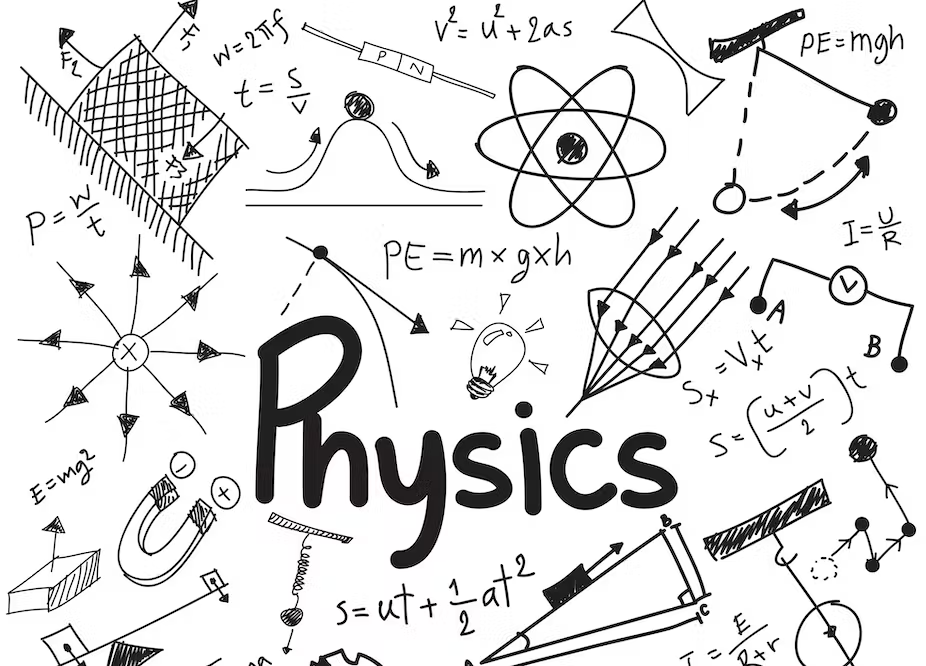
Problem-Solving and Analytical Skills: Physics requires
logical thinking, problem-solving, and mathematical skills. It teaches students
how to analyze complex situations, break them down into simpler components, and
apply scientific principles to solve problems. These skills are transferable
and valuable in various fields, including engineering, technology, and
research.
Practical Applications: Physics has numerous practical
applications in everyday life. It forms the foundation for many technological
advancements, including electronics, telecommunications, transportation, and
energy systems. Understanding physics concepts can help students make informed
decisions, solve real-world problems, and contribute to technological
advancements.
Scientific Inquiry and Methodology: Physics teaches students
the scientific method and the process of inquiry. It emphasizes observation,
experimentation, data analysis, and the formulation of theories and hypotheses.
Studying physics encourages curiosity, critical thinking, and a systematic
approach to understanding the natural world.
Career Opportunities: Physics opens up a wide range of
career opportunities. Physicists are employed in various fields, including
research and development, engineering, academia, healthcare, finance, and
environmental sciences. A strong foundation in physics can lead to exciting and
rewarding careers in these industries.
Broadening Perspectives: Physics challenges our intuitions
and expands our understanding of the universe. It introduces students to
concepts such as relativity, quantum mechanics, and the structure of the
cosmos. Studying physics encourages curiosity, fosters a sense of wonder, and
promotes intellectual growth by challenging preconceived notions and expanding
our perspectives.
Overall, physics education provides students with a deeper
understanding of the natural world, enhances problem-solving skills, and opens
up a wide range of career opportunities in various scientific and technological
fields.

